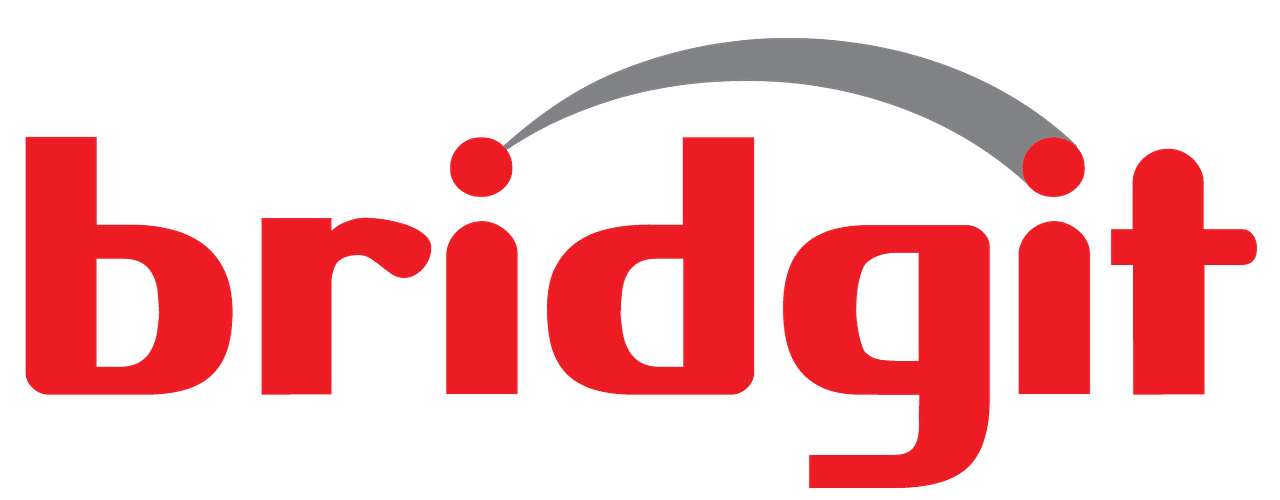Course Overview
What is Facilitation? – is a powerful skillset that helps improve collaboration, generates results and improves group dynamics Facilitation streamlines the functioning of a group, enabling it to efficiently pursue its objectives. Simultaneously, it provides a conducive environment for learning, fostering the group’s growth as it endeavors to achieve its aims.
Who is a Facilitator? – A person who makes it easier for a group to function in order to achieve its aim. By guiding it through a predetermined, structured process of working, while using experiential methods to promote learning so that individuals in the group can grow during the process of attempting to achieve the group’s aim. The facilitator is responsible for creating a positive and collaborative environment, ensuring that communication flows effectively, and guiding the group toward productive outcomes. Rather than imposing their own ideas, a facilitator remains neutral and helps the group members explore and decide on the best course of action.
This course is focussed on workshop facilitation that takes the delegate through the entire facilitation process from facilitation preparation and the facilitation day and is suitable for all levels of managers and executives who want to master the workshop type facilitation skills required for effective group buy in and cooperation in reaching a specific workshop objective.
COURSE OUTLINE
- Understanding the facilitation process
- The characteristics of an effective facilitator
- When do we need facilitation?
- How does an effective facilitator work?
- What is expected of the audience in a facilitated workshop?
- Controlling vs Facilitating
- Nominal Objective Scenario Setting Approach
- Facilitation tools and their application
- The facilitation processes
- Building group and individual commitment and synergy
- Learning the various tools and facilitation techniques
- Advantages and Dis-Advantages of Co Facilitation
- Handling Disruptive Behaviour
- Dealing with Negative Emotions
- Summative Assessment and Role Play
LEARNING OUTCOMES
- Understand facilitation and its appropriate application
- Identify the characteristics of an effective facilitator
- Understand the role of the facilitator in a facilitated environment
- Understand the role of the team in a facilitated environment
- Apply facilitation tools appropriately
- Apply the facilitation process
- Practical Application of the Various Facilitation Tools and Techniques



